I rarely find a comedy anime that strikes me as funny. Most have amusing moments amid the tired, over-trod comedy tropes (nude jokes, breast jokes, and the like). but few strike me as funny. Hinamatsuri made me laugh quite often with its antics. Of course, the show has structural problems and over-uses some of its themes. However, this doesn’t detract from the antics.
Hinamatsuri opens with Nitta Yoshifuni, a yakuza member, getting clonked on the head with a strange capsule. A naked girl pops out of it–a la Terminator. Nitta quickly discovers the girl, Hina, has telepathic powers when she smashes his prized vase collection. Through various misadventures, Nitta rises up the yakuza ranks when Hina uses her powers to clean out a rival gang’s headquarters.
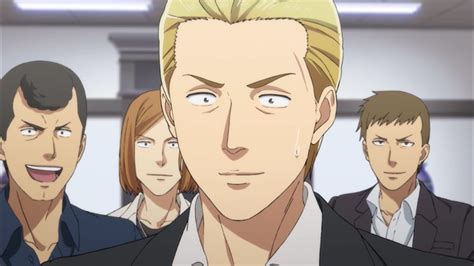
The story focuses on their developing father-daughter relationship. The anime is basically a slice-of-life in its daily-life approach. Unlike many male leads in comedies, Nitta is quite thoughtful and intelligent. After all, he manages several different companies, including some lucrative real estate companies, for the yakuza. I liked this change. Too often comedies lean on stupidity for humor. Dumb males appear often in anime, and especially in American comedies. Hinamatsuri‘s jokes rely on misunderstandings, ridiculous yet-within reason situations, and contrast.
Much of the antics wouldn’t be as funny if Nitta wasn’t a “hardened” yakuza member. The misunderstandings surrounding his gangster status lead to the best situations, particularly when Hina is doted upon as his daughter. The human side of Nitta’s fellow yakuza was refreshing. Every once in awhile they showed their teeth, but the scenes where they poke at Nitta for having a daughter he didn’t know about made the teeth-scenes better.
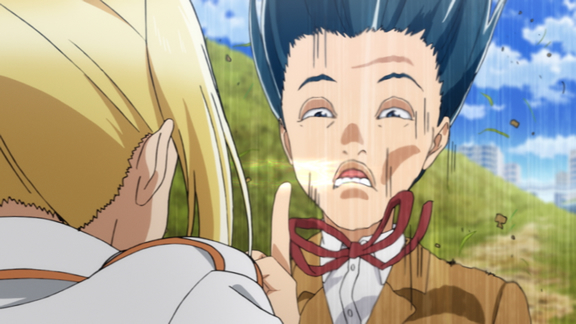
The ridiculous situations Hina and friends get into felt reasonable, which made them funnier. Sometimes anime goes to absolute extremes, killing our ability to believe it could happen. This makes the jokes fall flat. What’s more, in Hinamatsuri these ridiculous scenes have consequences in later episodes.
Finally, the contrast of Nitta’s normal daily life and his expectations provides long-running humor. Always the straight man, Nitta’s resignation to situations punctuates the humor well. The facial expressions, particularly Nitta’s, work well. You don’t have the deformations and exaggerations you see in many comedies. There’s no chibi here.
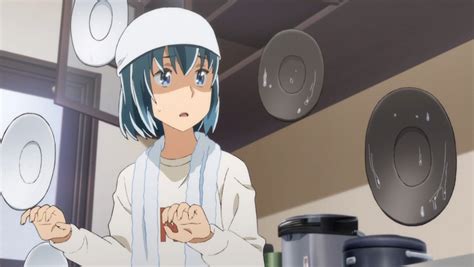
Of course, Hinamatsuri isn’t all good. Some of the plot threads felt rushed or forgotten. The weakest point of the story lies with Hina. Hina’s character doesn’t really change, and the jokes surrounding her hunger get old. Well, Hina isn’t completely static, but she changes far less than Nitta and the other characters. The show left itself open for another season (which looks unlikely after so long), so perhaps Hina will change a little by then.
Nitta changes the most as the story progresses. His awareness of the changes plays into a few jokes. His resigned expressions made me chuckle.
For the most part, Hinamatsuri avoids the pitfalls of comedy anime. Running jokes are rarely funny after the third rendition (if I’m generous). Hina doesn’t tread new ground by any means. It sits squarely in slice-of-life moe comedy. I didn’t pay much attention to the problems. Nothing grated on my nerves either, which is quite a feat for an anime lately. I recommend it.
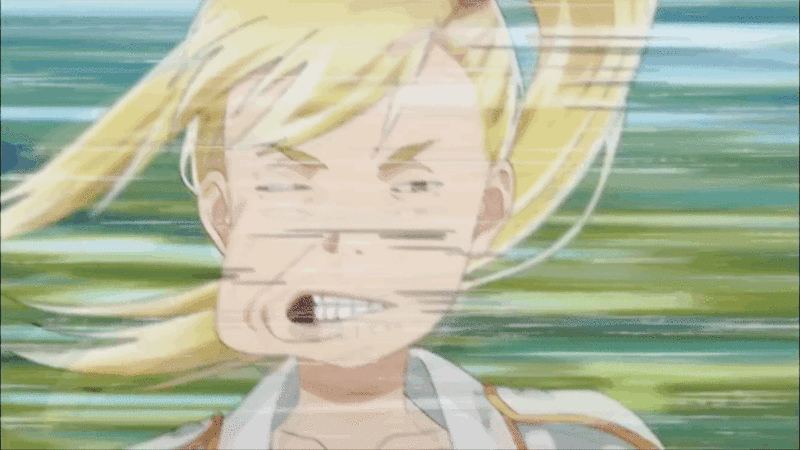
I’ve noticed many anime have gotten shorter. Hina has only 12 episodes, which appears to be a common number now. Either anime drag on forever or run just a season. When I started watching anime, 26 to 52 episodes were the norm. They gave ample room to develop a fairly complex story and cast of characters. Outside of comedies and a few other genres, 12 episodes doesn’t leave a lot of room for development. Conversely, too-long anime suffer from filler and poor plotting. Many undo whatever they accomplish or develop. Much of this is due to the nature of the medium, but I’ve wrote at length about this.
The trend toward short seasonal anime is mixed. It depends on genre. Hinamatsuri left itself open with its loose ends, but it is rare for lesser-known stories like this to see a late season release.

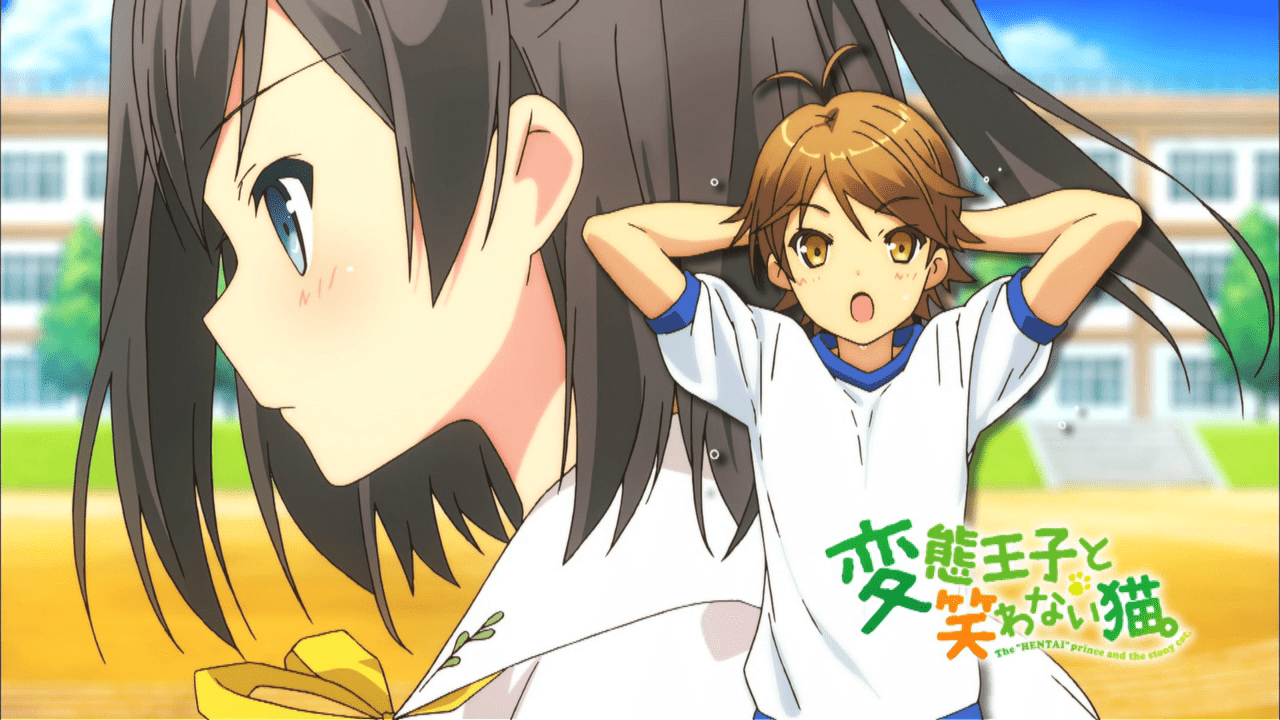
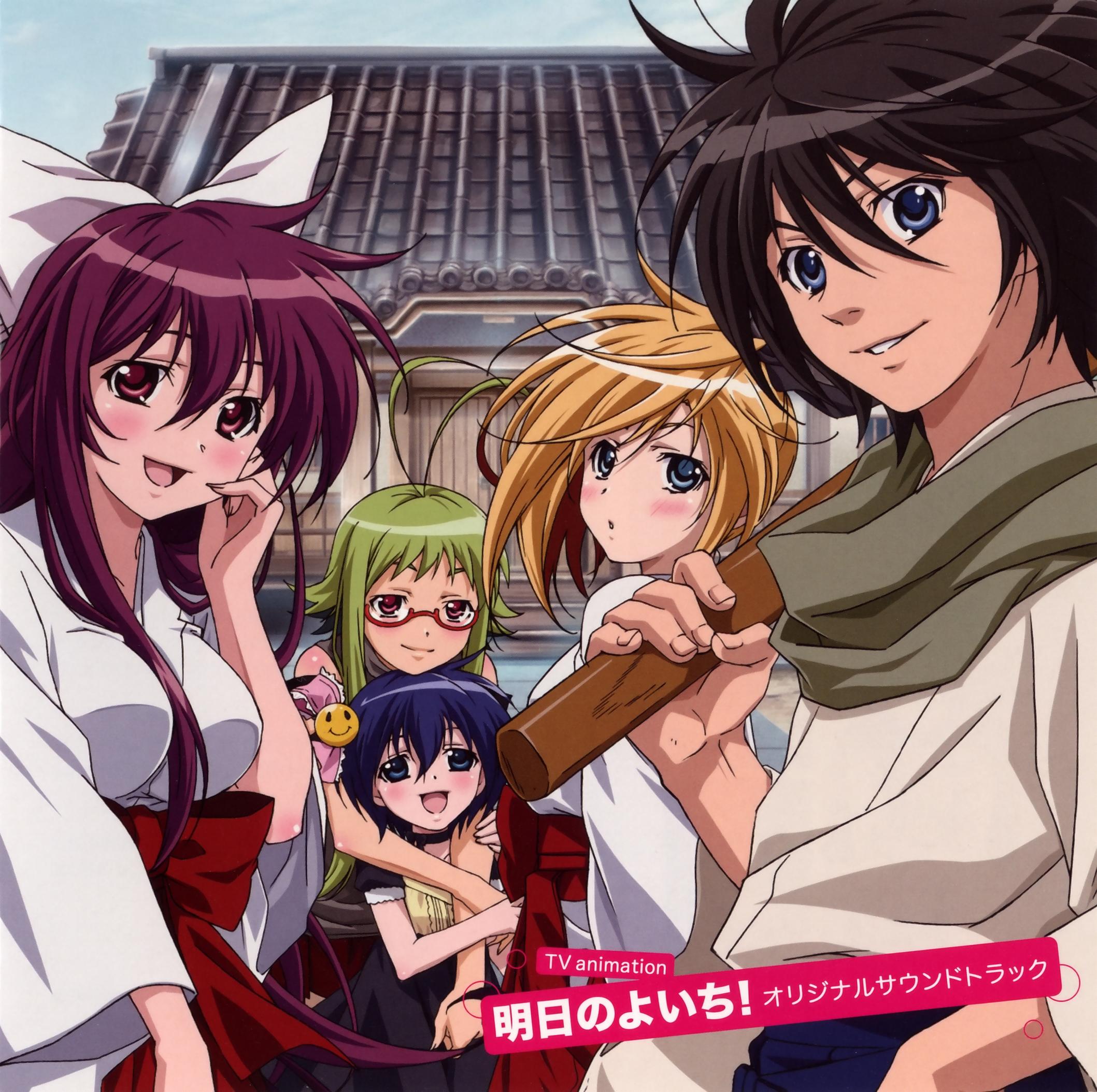
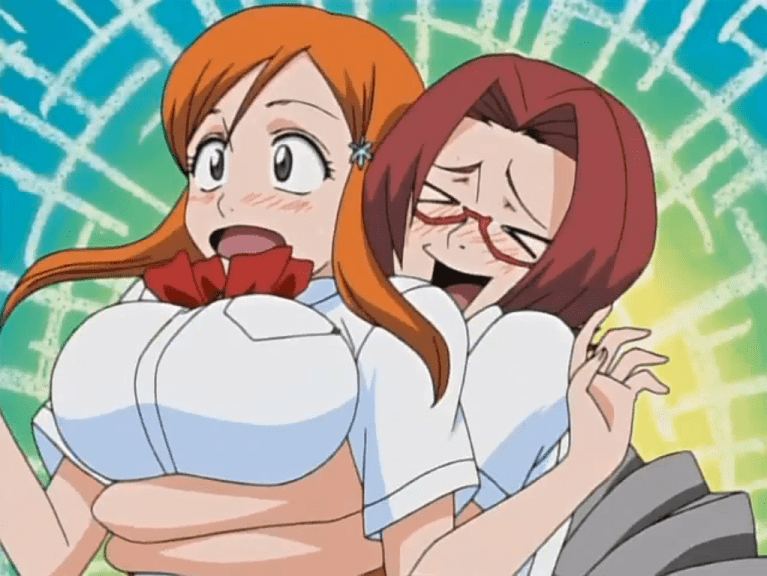
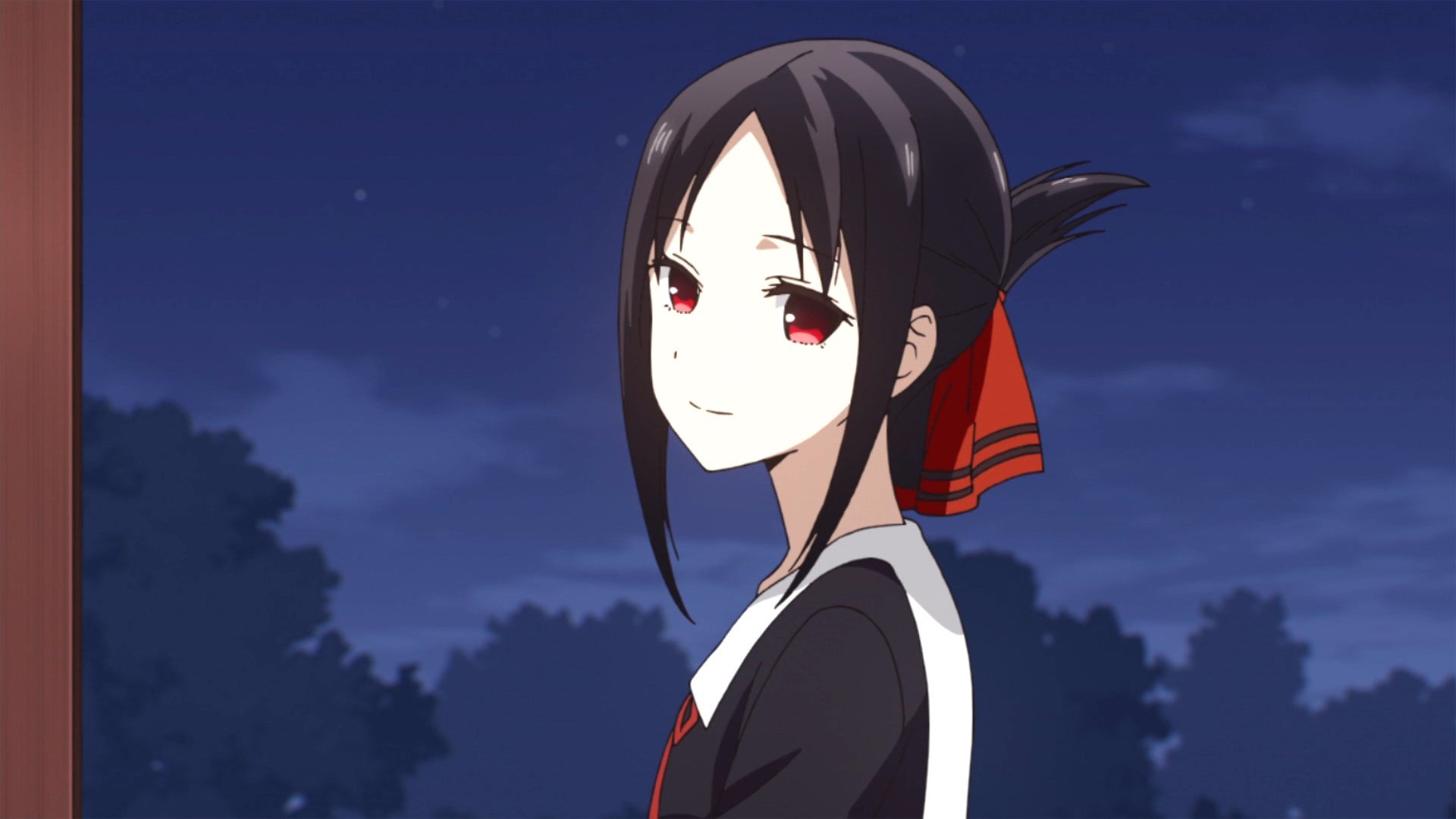
I loved Hinamatsuri! Though I only started watching it because the protagonist shared my name. I think it was lovely how they showed the lives of different children and how the adults and all their adulting seemed so ridiculous when seen from their perspective. As a neuroatypical person, the characters of Hina and Anzu especially resonated with me – the way they learn about human life and deal with problems that are so much bigger than them. I also loved all the references mocking Hollywood – from Terminator to Castaway. They even managed to make the anti-China propaganda funny.
I hope this gets another season. But even if it doesn’t, the story told so far is endearing with some lovely characters.
The show proves comedy anime can do a lot more than the usual tired antics. I hope to see more anime like Hinamatsuri.